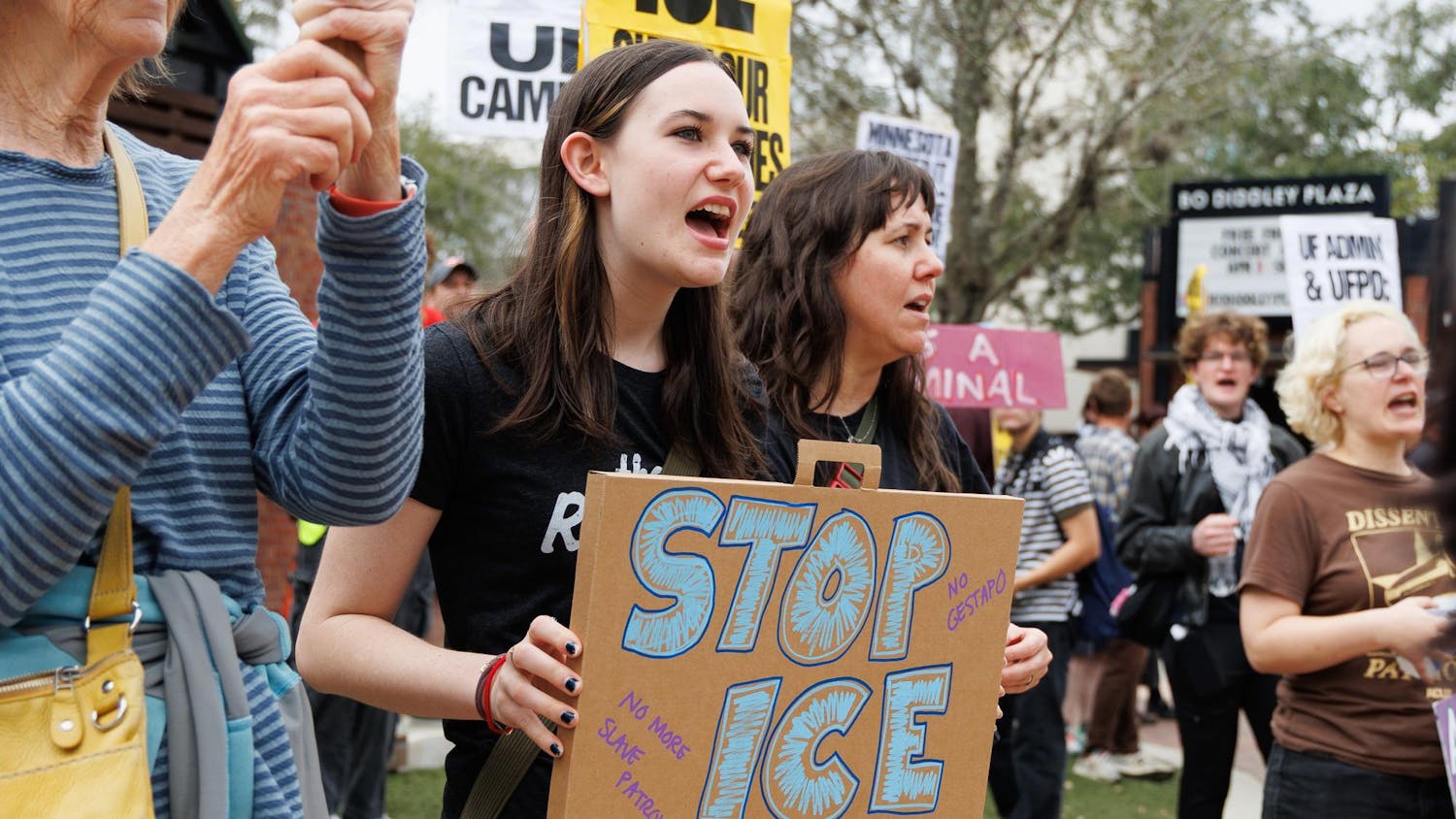According to a report released by the Pew Research Center on Tuesday, Americans are becoming less religious. An NPR report summarizing the findings included tidbits like "The share of Americans who say they are ‘absolutely certain’ that God exists has dropped 8 percentage points, from 71 percent to 63 percent, since 2007," and "The percentage of adults who describe themselves as ‘religiously affiliated’ has shrunk 6 points since 2007, from 83 percent to 77 percent." We could go on, but you get the idea.
As the authors of the study and NPR state, the study — which was conducted from a sample size of more than 35,000 U.S. adults — confirms what our elders have long suspected and we have long known: Younger people are becoming considerably less pious. With that said, those who do identify as religious are becoming even more so, with "a growing share of the ‘religiously affiliated’… regularly [reading] scripture, [participating] in prayer groups and [sharing] their faith with others." Both NPR and the Pew report suggest the increase in individual religious fervor, met by the ever-increasing societal apathy toward religion, has resulted in social polarization.
It is no secret that among certain demographics of millennials, religion isn’t exactly considered a "cool," "hip" or even "dope" practice to take part in. For those millennials who do actively practice their faiths, they often keep it "low key," preferring to keep their love for Yahweh/Jesus/Allah/religious figure of choice to themselves.
It will come as a shock to exactly no one when we say religion has led to some pretty horrific events throughout history. Extremism and fanaticism come in all shapes, sizes and ideologies, and there is no need to single out any particular one for being the sole catalyst for any particularly awful event.
With that said, there is a trend among millennials who identify as atheist to paint religion in broad strokes. For many, religion provides a fundamental and positive understanding of morals and ethics, not to mention a sense of community. Humans are social creatures, and if we bond with one another over our shared desire to do good (without being hateful), that ought to be seen as a net positive. For many, religion also provides a rich heritage of culture and traditions, both aspects of life that can be enjoyed with or without an unwavering confidence in an all-powerful deity: It is no mistake that Wikipedia has an entire page titled "List of Jewish atheists and agnostics."
On the flip side, there are those who would contend a society lacking in religion is a society lacking in morals. For those who believe that, we offer the following: It probably says more about you than it does religion if you truly think people cannot be "good" without the threat of eternal damnation.
It is not an objectively bad thing if young Americans are becoming less religious. As The Who sang in 1965, "The Kids Are Alright."
As we wrote in Monday’s editorial, what isn’t all right is reducing those we don’t see eye to eye with to one-dimensional caricatures. Just as not all atheists are Christian-hating peddlers of sin and smut, not all Christians (to name an example) are regrettably homophobic human beings.
More than ever, Americans tend to dismiss and disregard anyone who has views contrary to their own, especially when it comes to religion and politics. Well, if our understanding of the man as a generous, forgiving soul is true, maybe we could all afford to ask: What would Jesus do?





